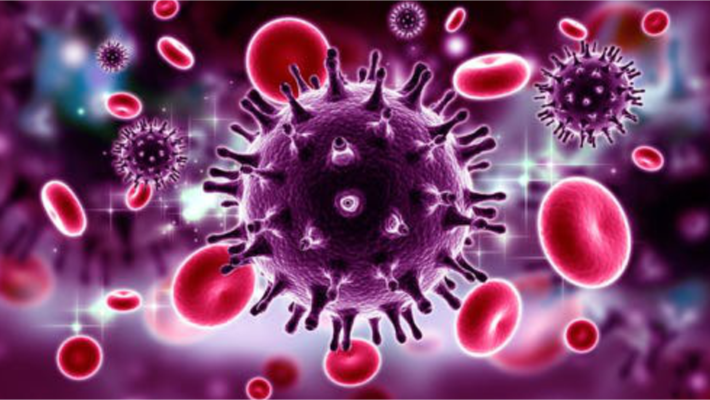News Investigators/ The World Health Organisation (WHO) has called for the immediate global rollout of a breakthrough HIV drug, lenacapavir (LEN), that only requires two injections per year to offer near-total protection against HIV and the development of AIDS.
Described as a long-acting antiretroviral alternative to daily pills, lenacapavir was hailed by WHO Director-General, Tedros Ghebreyesus, as “the next best thing” in HIV prevention, given the absence of an effective vaccine.
“Lenacapavir has been shown in trials to prevent almost all HIV infections among at-risk populations,” he said in a statement on Monday during the 13th International AIDS Society (IAS 2025) Conference on HIV Science, in Kigali, Rwanda.
WHO emphasised the urgent need to make LEN widely accessible, through pharmacies, clinics, and online consultations, especially as global HIV prevention efforts are faltering.
To increase access, the agency also recommended rapid HIV testing over more complex and costly methods.
According to WHO, 1.3 million people were newly infected with HIV in 2024, with the most affected groups being sex workers, men who have sex with men, transgender people, people who inject drugs, prison populations, and young people.
While lenacapavir is currently available mainly in clinical trials, the WHO urged governments, donors, and partners to incorporate it into national HIV prevention programmes without delay.
The recommendation aligned with the U.S. Food and Drug Administration’s approval of LEN in June.
Other WHO-endorsed HIV prevention tools include daily oral PrEP, injectable cabotegravir (every two months), and the dapivirine vaginal ring.
The call for urgent action came amid major funding cuts to global HIV/AIDS programmes, including PEPFAR, the leading U.S. initiative launched in 2003.
“We have the tools and the knowledge to end AIDS,” said Dr Meg Doherty, Director of WHO’s Global HIV, Hepatitis, and STI Programmes.
“What we need now is bold implementation of these recommendations, grounded in equity and powered by communities.”
By the end of 2024, an estimated 40.8 million people were living with HIV worldwide, 65 per cent of them in Africa.
Around 630,000 people died from HIV-related causes that year, while 31.6 million were on antiretroviral treatment, up from 30.3 million in 2023. (NAN)
